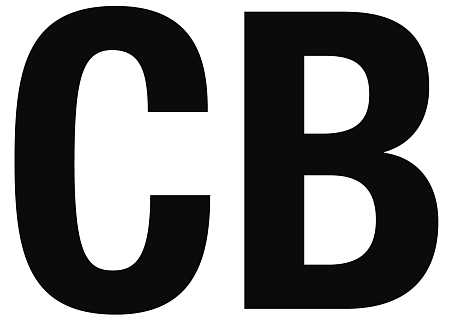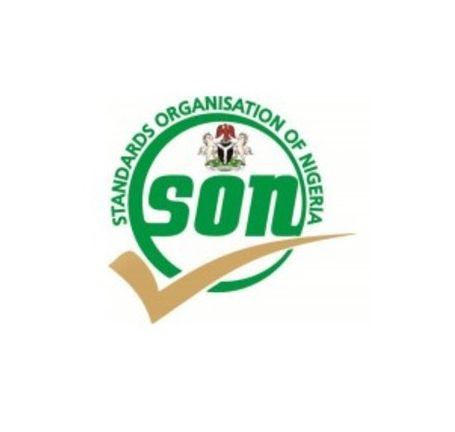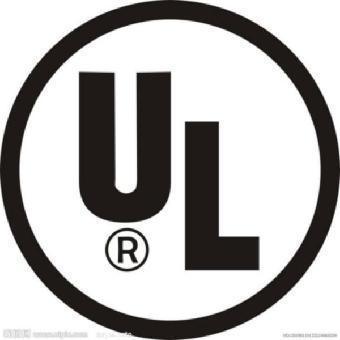Export to Korea Please note that KC regulations have important updates in September
Author: Date:2019/12/21 17:58:37
What are the main differences between KC 62133: 2015 and KC 62133: 2019?
Application
Applying for the 2019 version of the KC certificate requires confirmation of the battery's end product before application. This step is not required when applying for the 2015 version of the KC certificate.
Testing
If the end products of the battery pack are mobile phones, tablets and laptops, the 2019 version requires the addition of the following three tests:
· Vibration test (battery pack)
This test can refer to the sixth edition of the UN38.3 report
· Mechanical shock test (battery pack)
This test can refer to the sixth edition of the UN38.3 report
· Overcharge test (cell)
This test can refer to UL1642 abnormal charging test
* The plutonium battery used in other hospital-type equipment is the same as before, and does not need to add the above three tests
With CB transfer, should I use IEC 62133: 2012 or IEC 62133: 2017?
According to the latest notice, currently only accepting the IEC 62133: 2012 version of the CB to apply for KC, IEC 62133: 2017 version is not accepted at this time; as for when the 2017 version of the CB will be accepted, please pay close attention to the follow-up information release of the BCTC double test.
When applying for KC 62133: 2019 with the 2012 version of CB, what should be paid special attention to?
For lithium batteries used in mobile phones, tablets and laptops, the Korean deviation [KR_ND_IEC62133C] needs to be added in the CB; for lithium batteries used in other portable devices, this need not be added in the CB.
Test standard: KC62133: 2015
Corresponding IEC standard: IEC 62133: 2012
Test Standard: KC 62133: 2019
Corresponding IEC standard: IEC 62133: 2012 + KOREA ND
(2012 version CB + Korean deviation)
Remarks:
Korean deviation KOREA ND
1) Vibration test 2) Mechanical shock test 3) Overcharge test
* This Korean deviation is for lithium batteries used in mobile phones, tablets and laptops
After the launch of the 2019 version of KC 62133, have the 2015 and 2018 versions of the KC certificates that have been issued expired?
will not. The KC certificates of KC 62133: 2015 and KC 62133: 2018 that have been issued will remain valid unless they are cancelled voluntarily by the licensee or forced to be cancelled by the Korean issuing authority.
If the existing KC evidence is 2015 or 2018, will it be forced to upgrade to 2019 after September 6th?
If there are no changes to the product and the original certificate information has not changed, you do not need to upgrade to the 2019 KC; however, once you submit a KC application, you need to upgrade the standard.
Is the KC certificate after applying for KC filing 2015 or 2019?
· KC certificate of the old version, once the registration occurs, you need to upgrade to the latest standard;
· If it is an old KC certificate for lithium batteries used in mobile phones, tablets and laptops, once the product changes, KC technology changes are required; it must pass the three supplementary vibration tests, mechanical shock tests, and battery overcharge tests. After testing the content, you can upgrade to KC 62133: 2019;
· If it is a CB-KC transfer project, that is, MOU project, you need to add the Korean deviation to the CB, and then use the registered CB to upgrade to KC 62133: 2019.
KC 62133: 2019 will be implemented next month. Can I apply now?
Yes.
It is now possible to apply for the 2019 KC certificate.
If I want to apply for the 2019 version of the KC certificate, will the certification cycle take longer?
If you use a CB transfer certificate, you can get a KC certificate two weeks after the information is complete.
If the above Q & A hasn't answered your question, please contact the BCTC double measurement expert and talk!
Two small trailers:
· KC 62133-2: 2019 Although the initial version of the standard has been drafted, it will be postponed and further notice is expected to be issued at the end of 2019;
· The Korean government is currently actively promoting the implementation of the ESS Battery KC regulations. I believe there will be updates on the regulations on energy storage batteries in the near future.
stay tuned!
Application
Applying for the 2019 version of the KC certificate requires confirmation of the battery's end product before application. This step is not required when applying for the 2015 version of the KC certificate.
Testing
If the end products of the battery pack are mobile phones, tablets and laptops, the 2019 version requires the addition of the following three tests:
· Vibration test (battery pack)
This test can refer to the sixth edition of the UN38.3 report
· Mechanical shock test (battery pack)
This test can refer to the sixth edition of the UN38.3 report
· Overcharge test (cell)
This test can refer to UL1642 abnormal charging test
* The plutonium battery used in other hospital-type equipment is the same as before, and does not need to add the above three tests
With CB transfer, should I use IEC 62133: 2012 or IEC 62133: 2017?
According to the latest notice, currently only accepting the IEC 62133: 2012 version of the CB to apply for KC, IEC 62133: 2017 version is not accepted at this time; as for when the 2017 version of the CB will be accepted, please pay close attention to the follow-up information release of the BCTC double test.
When applying for KC 62133: 2019 with the 2012 version of CB, what should be paid special attention to?
For lithium batteries used in mobile phones, tablets and laptops, the Korean deviation [KR_ND_IEC62133C] needs to be added in the CB; for lithium batteries used in other portable devices, this need not be added in the CB.
Test standard: KC62133: 2015
Corresponding IEC standard: IEC 62133: 2012
Test Standard: KC 62133: 2019
Corresponding IEC standard: IEC 62133: 2012 + KOREA ND
(2012 version CB + Korean deviation)
Remarks:
Korean deviation KOREA ND
1) Vibration test 2) Mechanical shock test 3) Overcharge test
* This Korean deviation is for lithium batteries used in mobile phones, tablets and laptops
After the launch of the 2019 version of KC 62133, have the 2015 and 2018 versions of the KC certificates that have been issued expired?
will not. The KC certificates of KC 62133: 2015 and KC 62133: 2018 that have been issued will remain valid unless they are cancelled voluntarily by the licensee or forced to be cancelled by the Korean issuing authority.
If the existing KC evidence is 2015 or 2018, will it be forced to upgrade to 2019 after September 6th?
If there are no changes to the product and the original certificate information has not changed, you do not need to upgrade to the 2019 KC; however, once you submit a KC application, you need to upgrade the standard.
Is the KC certificate after applying for KC filing 2015 or 2019?
· KC certificate of the old version, once the registration occurs, you need to upgrade to the latest standard;
· If it is an old KC certificate for lithium batteries used in mobile phones, tablets and laptops, once the product changes, KC technology changes are required; it must pass the three supplementary vibration tests, mechanical shock tests, and battery overcharge tests. After testing the content, you can upgrade to KC 62133: 2019;
· If it is a CB-KC transfer project, that is, MOU project, you need to add the Korean deviation to the CB, and then use the registered CB to upgrade to KC 62133: 2019.
KC 62133: 2019 will be implemented next month. Can I apply now?
Yes.
It is now possible to apply for the 2019 KC certificate.
If I want to apply for the 2019 version of the KC certificate, will the certification cycle take longer?
If you use a CB transfer certificate, you can get a KC certificate two weeks after the information is complete.
If the above Q & A hasn't answered your question, please contact the BCTC double measurement expert and talk!
Two small trailers:
· KC 62133-2: 2019 Although the initial version of the standard has been drafted, it will be postponed and further notice is expected to be issued at the end of 2019;
· The Korean government is currently actively promoting the implementation of the ESS Battery KC regulations. I believe there will be updates on the regulations on energy storage batteries in the near future.
stay tuned!
Previous:EU to restrict lead content in tested PVC materials
Next:Vietnam MOIT Energy Efficiency Certification-Laptop
Certification Recommended











